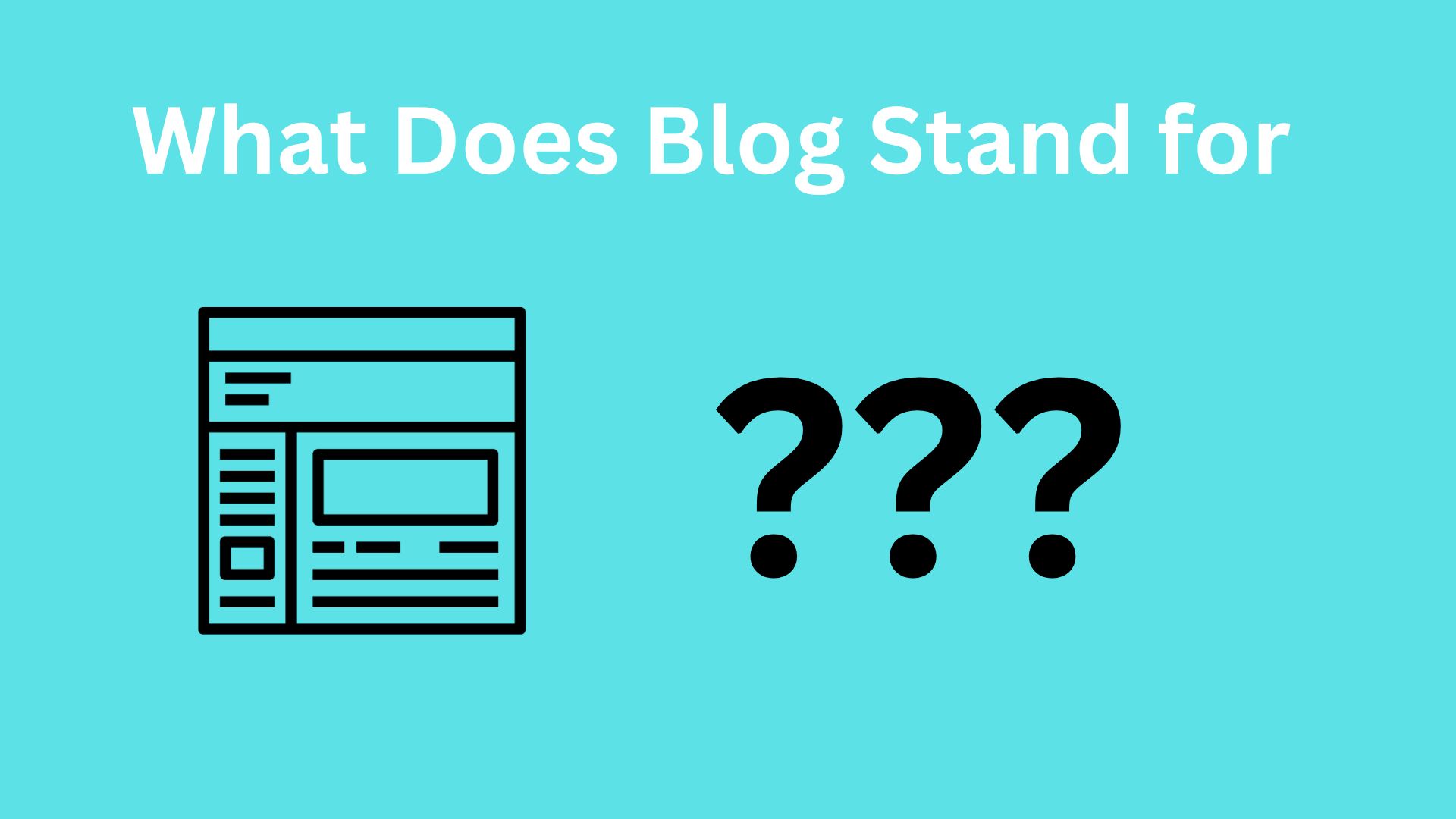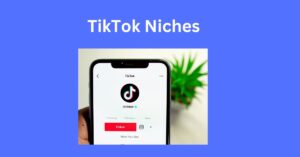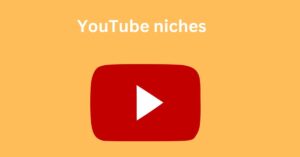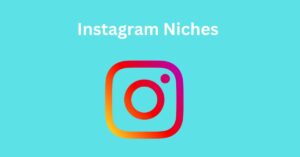Blogs have become an immensely popular way for people to share their thoughts, experiences, and expertise online. But where did the word “blog” come from in the first place? This article will explore the origins of the term “blog” and what exactly a blog is.
“What does blog stand for” Read on to learn the meaning of blog, history behind the word “blog” and why blogs have become such a vital part of the internet.
What Does Blog Stand For?
The term “blog” is a shortened version of “weblog”, which literally means “web log” – a log or journal published on the web. The contraction of weblog into “blog” is meant to make the word easier to say and remember. In essence, a blog is an online journal or diary where bloggers can share their thoughts, experiences, and interests with a wide audience.
Who Coined the Term “Blog”?
The first recorded use of the term “blog” has been attributed to Jorn Barger, an early internet enthusiast who coined the phrase in 1997. However, it was popularized in 1999 by Peter Merholz, who playfully broke up the word “weblog” into the phrase “we blog” in the sidebar of his blog peterme.com. This caught on quickly, and the shorter word “blog” became the standard term.
When Was the First Blog Created?
The first blog is widely considered to be Links.net, created by Justin Hall in 1994 while he was a student at Swarthmore College. Hall’s site included personal diary entries as well as links to other websites – essentially the blueprint for what a blog would become. Throughout the late 1990s, more personal homepages began calling themselves “weblogs”, reflecting the fact that they acted as logs of interesting web content.
How Did “Weblog” Evolve into “Blog”?
As more web users began creating weblogs, a shortened version of “weblog” was needed. The word was initially coined as “weblog” by Jorn Barger, but was too clumsy to say and spell. In 1999, Peter Merholz humorously broke the word up into “we blog” on his site peterme.com, and the shortened term “blog” took off from there. The word “blog” was simply an easier abbreviation that rolled off the tongue better than weblog.
What Does the “B” in “Blog” Stand For?
The “b” in “blog” stands for “web”, as “blog” is a shortened version of “weblog”. So the word literally means “web log”. Some have also speculated that the “b” stands for “broadcasting”, likening blogging to broadcasting your thoughts and ideas out to the world. But the “b” coming directly from “weblog” seems to be the most agreed upon origin.
What is the Definition of a Blog?
A blog is a website containing written entries, or “posts”, displayed in reverse chronological order – meaning the most recent post appears first. Blogs are typically updated frequently with new content centered around a particular topic or theme. The entries contain commentary, news, photos, links, and more, and allow readers to leave responses. The “about” page provides background on the blogger and topic.
What are Some Different Types of Blogs?
Some popular types of blogs include:
- Personal blogs – Blogs covering the blogger’s life, thoughts, hobbies, etc.
- Business blogs – For promoting a company and establishing expertise.
- Food blogs – Sharing recipes and restaurant reviews.
- Travel blogs – Documenting travel adventures and providing tips.
- Video blogs (vlogs) – Blogs revolving around video content.
- How-to blogs – Tutorials teaching readers how to do or make something.
- News blogs – Commentary on current events and news stories.
- Fashion Blogs- Sharing the fashion trends and topics related to fashion.
Why Start a Blog?
There are many good reasons to start a blog, including:
- To share your passions and areas of expertise
- Promote your business, brand, or organization
- Establish yourself as an authority on a topic
- Connect with like-minded people
- Make money through advertising, affiliates, etc.
- Express your creativity through writing and design
- Document your life and experiences through journaling
How to Create Your Own Blog
It’s easy and affordable to start a blog using popular blogging platforms like WordPress, Blogger, Squarespace, Wix, or Tumblr. Simply choose a domain name, select a visually appealing template, and customize your site. Write compelling content focused on keywords to help get found in search engines. Add multimedia elements to make your blog stand out. Promote your blog and engage readers by responding to comments.
Tips for Writing Successful Blog Content
Tips for creating blog posts that attract and retain readers:
- Focus your blog content around specific keywords so people can find it through search engines. Do keyword research to determine terms people are searching for related to your topic.
- Write irresistible headlines using emotional triggers like “How to”, “The Best”, “Why You Must”, etc. Headlines are critical to getting clicks.
- Structure your content well – break text into concise paragraphs with subheadings and bullet points when possible.
- Include compelling images, infographics, videos and embeds to add visual interest.
- Write in a conversational, engaging tone and in either first or second person perspective.
- Check grammar, spelling and formatting to avoid distracting errors.
How Bloggers Have Used Blogs to Gain Popularity
Many bloggers have found fame and fortune by using blogs to share their voices with a wide audience. For example, bloggers in areas like fashion, food, politics, and business have leveraged their blogs to build devoted followings, land book deals, get TV shows, or otherwise boost their careers. Blogs allow ordinary people to establish themselves as thought leaders in their niche.
The Benefits of Blogging for Businesses
Businesses can benefit tremendously from blogging by:
- Improving SEO and driving more organic traffic from search engines
- Building relationships with customers and positioning their brand as an authority
- Generating leads through gated content offers
- Promoting products, services and deals
- Improving employee communication and showing company culture
Blogging Statistics and Facts
- There are over 600 million blogs on the internet today.
- WordPress powers over 60% of all websites, most of which are blogs.
- 77% of internet users read blogs.
- Companies that blog receive 97% more links to their website.
- Blogging is the #1 most effective content marketing tactic.
The Impact of Blogs on Internet Culture
Blogs have had a monumental impact on internet culture by:
- Enabling freedom of expression – anyone with an internet connection can share their ideas.
- Creating diverse conversations and communities not possible in mainstream media.
- Breaking news faster through on-the-ground reporting.
- Promoting openness through transparency and sharing of life online.
- Empowering ordinary citizens to create, publish and have a platform.
The Future of Blogging
The future looks bright for blogging as a tool for self-expression and business marketing:
- Blogs will become increasingly multimedia with more video and visual content.
- Integration of blogging with social media will grow.
- Microblogging through social media will gain traction.
- Mobile blogging through smartphones and apps will rise.
- More businesses will use blogging for organic marketing.
- Revenue opportunities for bloggers will increase.
In Summary:
- The word “blog” comes from “weblog”, which means a log or journal on the web.
- “Blog” was coined in 1999 by Peter Merholz as a shortened version of weblog.
- Blogs enable people to publish chronological entries about their lives, thoughts, and interests.
- Many bloggers have gained massive followings by sharing their voice.
- Businesses use blogs for content marketing, SEO, branding and more.
- Blogging continues to grow and evolve as a platform for expression.
So in essence, to “blog” is to broadcast your thoughts to the world through an online journal! Both bloggers and readers have embraced the blogosphere as a way to discuss ideas, share expertise, and communicate more freely. Getting your own blog started is easier than ever.
More Articles:
- 50 Profitable Fashion Niche Ideas For Fashion Bloggers
- Best Online Form Filling Jobs Without Investment With Daily Payment
- The Best Affiliate Programs on Impact Radius
- Top 15 Best Online Jobs for Housewives Sitting at Home
Frequently Asked Questions
Q: What does the term “blog” stand for?
A: “Blog” is short for “weblog,” which was coined by Jorn Barger. It was later shortened to “blog.”
Q: What is the origin of the word “blog”?
A: The word “blog” broke from the combination of “web” and “log” to form “weblog,” which eventually evolved into “blog.”
Q: What is the defination of a blog?
A: A blog is a type of website or web page where an individual or group of individuals regularly update content on specific topics or interest areas.
Q: What exactly is a personal blog?
A: A personal blog is a type of blog where the content is based on the individual’s own experiences, opinions, and reflections.
Q: What is the process of creating a blog?
A: To start a blog, one needs to choose a blogging platform, create content, optimize it for search engines, and consistently update it with new posts.
Q: Is a blog considered a marketing tool?
A: Yes, a blog is widely used as a marketing tool for businesses and individuals to promote their products, services, or personal brand.
Q: What type of content can be found on a blog?
A: Blogs can cover a wide range of topics, including but not limited to personal experiences, travel, food, business, hobbies, and more.
Q: How can one optimize a blog for search engine results?
A: The process of optimizing a blog for search engine results involves using relevant keywords, creating high-quality content, and building backlinks to increase visibility.
Q: Are vlogs and blogs the same thing?
A: No, vlogs are video blogs, where the content is primarily in video format, while blogs mainly consist of written content.
Q: What role do blogs play in digital marketing?
A: Blogs are integral to digital marketing strategies, as they help in driving traffic, establishing authority, and engaging with the target audience.




